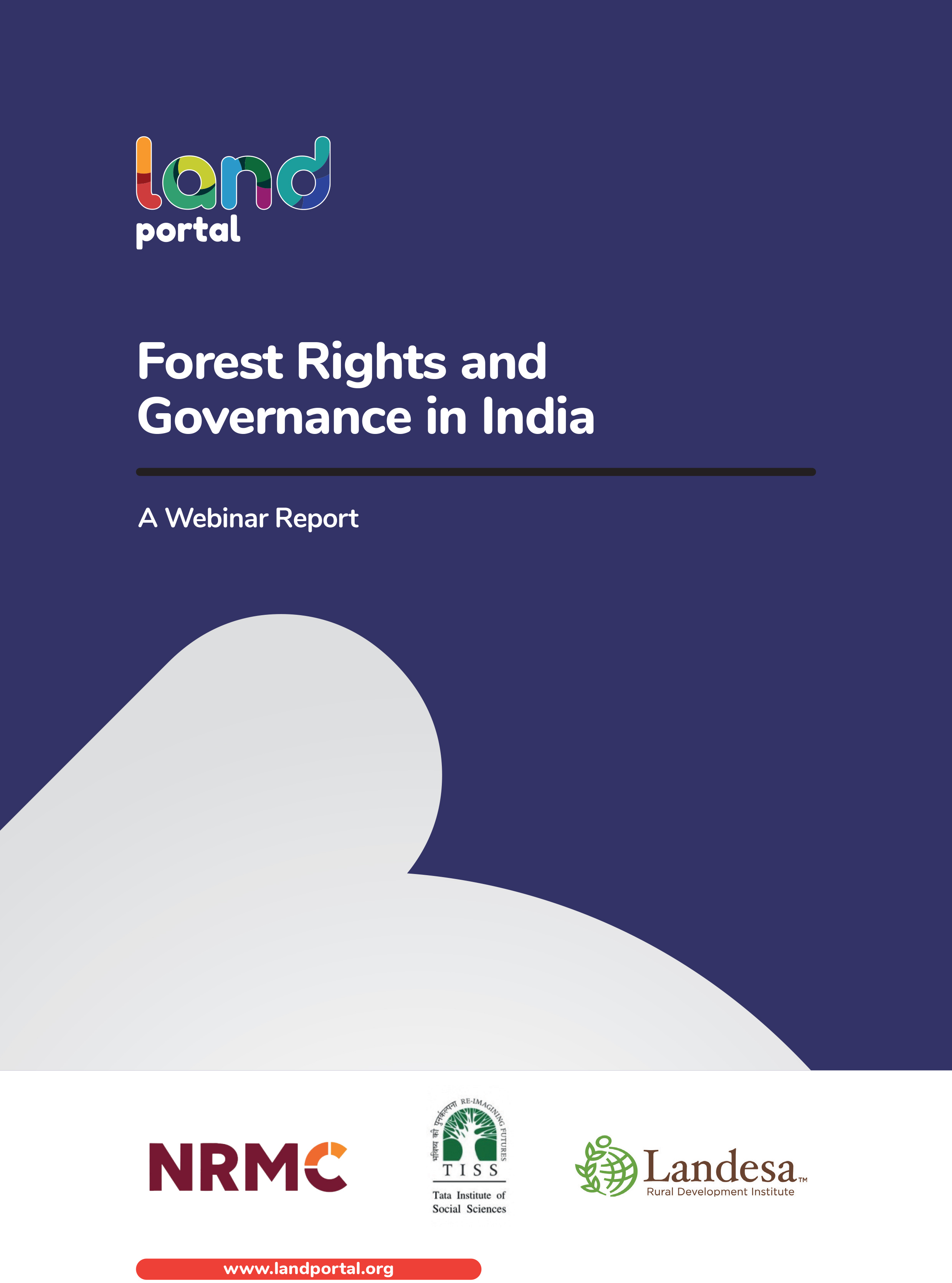Focal point
Location
NRMC is a technical and managerial advisory firm in the development sector that provides evidence-based solutions for sustainable, equitable and inclusive development.
Established in 2004, NRMC is engaged in creating impactful solutions that make a difference to the society. We achieve results at scale by catalyzing partnership with clients and communities. We believe in ethical business, nurturing talent to be courageous to push the limits of knowledge and discovering new ways of doing things.
NRMC experience, high quality skills, breadth of sectors, services make us preferred partners for public and private sector clients and partners in creating sustainable and scalable social impact.
We have a demonstrated in-depth understanding of sectors across project design and solution implementation. NRMC service offering incorporates all aspects of project and program management, development sector advisory, monitoring & evaluation and documentation. Focused on rural and urban poverty, Team NRMC is a professional service provider. Our experience on planning, advisory, technical and management support encompasses the social, institutional and gender dimensions of development. We work with a range of clients which include Government, bi-lateral and multi-lateral agencies, international NGOs, corporates and corporate foundations.
We constantly strive to understand community needs and aspirations, ensuring that we deliver contextual and impactful solutions on behalf of our clients and partners. With offices across six locations, we are able to provide effective and efficient solutions to clients and communities.
Members:
Resources
Displaying 1 - 5 of 208Land In India: Issues and Debates
This report titled Land in India: Issues and Debates is part of an initiative under the aegis of India Land & Development Conference (ILDC) which has a long-term objective of bringing out an annual Status of Land in India volume. This report is a modest beginning in that direction by drawing on the works of ILDC partners to present a quick over view of some of the key developments and debates in India’s land sector. The report brings together 11key issues which currently engage the minds of the policy makers and researchers in India.
1st North-East Land Conference: Conference Summary Report
Rhe North-East Land Conference, organized by the Martin Luther Christian University (MLCU), Shillong, North-Eastern Region Community Resource Management Programme (NERCORMP), Shillong; North East Network (NEN), NRMC-Centre for Land Governance (NRMC-CLG); and Rongmei Naga Baptist Convention (RNBA), Manipur evident the significance tenure dynamics and development paradigms in North East Region deliberating on land, laws, locals and livelihoods on 30-31st January, 2020 at Shillong.
Webinar Report: Building a Land Information Ecosystem in India
An information ecosystem is an extremely vast and cluttered space. What data exist? What data is up to date? What data is reliable? Who owns the data? Can I use the data without inflicting harm? Who are the data subjects? Many people across numerous sectors struggle with such questions and more. The land governance sector in India is no different. But somehow, it seems the land data ecosystem in India is more complex and controversial.
India’s Land Information Ecosystem Workshop Report
On March 15th 2019, 27 participants from India and across the world gathered at the sidelines of the India Land & Development Conference 2019 to discuss India’s Land Information Ecosystem. Availability of accurate and up to date data and information on land rights, tenures and administration as well as on different land use, such as agriculture, forestry, mining, wildlife, water, housing and infrastructure, is critical to effective land governance and crucial for planning and managing the use of land and land-based resources.
Forest Rights and Governance in India
The webinar on the Forest Rights and Governance in India took place on 30 January, 2018. The webinar discussed why has there been variation in the implementation of the Forest Rights Act and identified institutional bottlenecks to upscaling its implementation, as well as lessons learned from existing best practices.
The webinar addressed implementation of the Forest Rights Act, its inclusion of traditional forest dwellers - men and women, innovations that have proven successful, and questions of governance and its impact on the forest rights discourse and policies.





